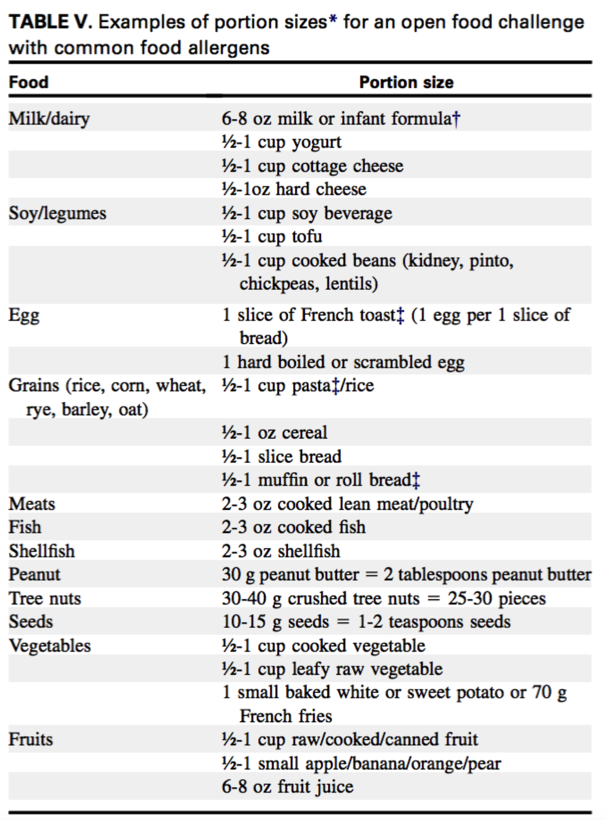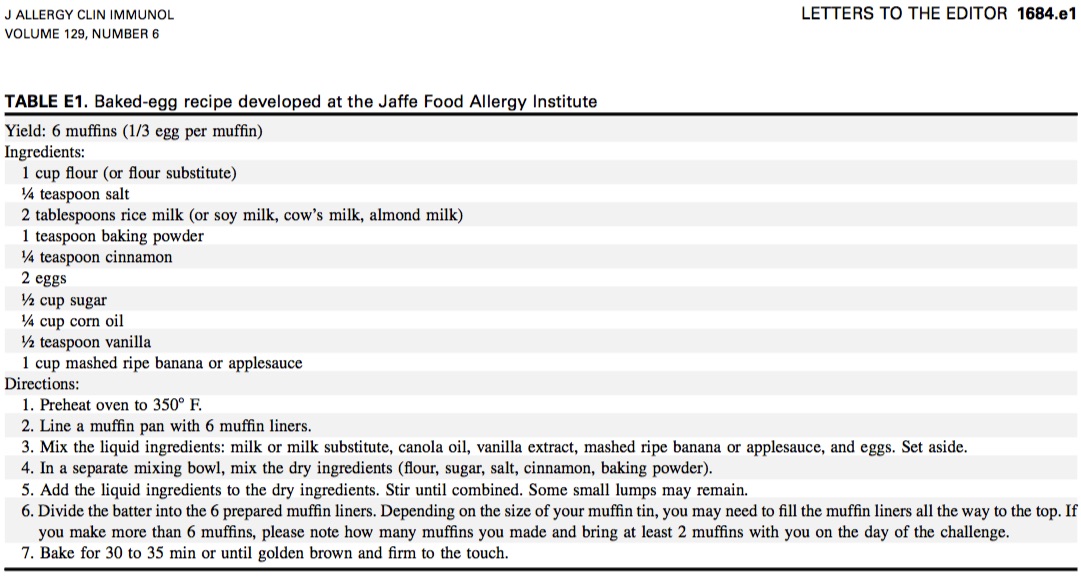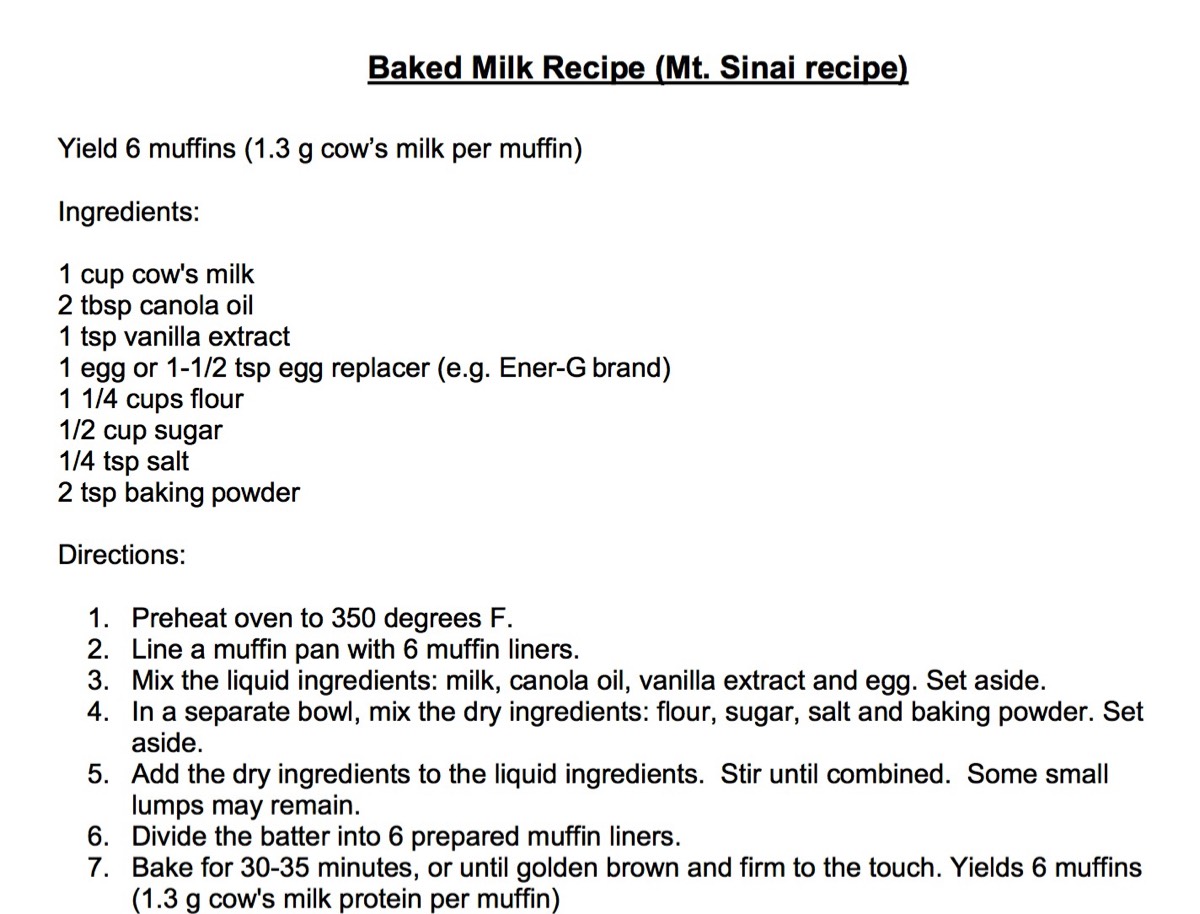




Hours of Operation:
Monday 0800-1500
Tuesday 0800-1500
Wednesday 0800-1500
Thursday 0800-1500
Friday 0800-1200
Weekends and Holidays: closed
Address:
Allergy Physicians Calgary
5918 - 3rd St SW
Calgary T2H 0H8
Telephone:
403-ALLERGY (403-255-3749)
Facsimile:
1-833-816-5734
(Second fax line: 403-457-8237)
Dr. Hadi and Dr. Hinther are medical sub-specialists and per Alberta Health regulations see patients via referral only. If you have an emergency, please call 9-1-1 or go to the nearest hospital. If you have an urgent or semi-urgent medical need, please see your primary care physician for evaluation or advice.